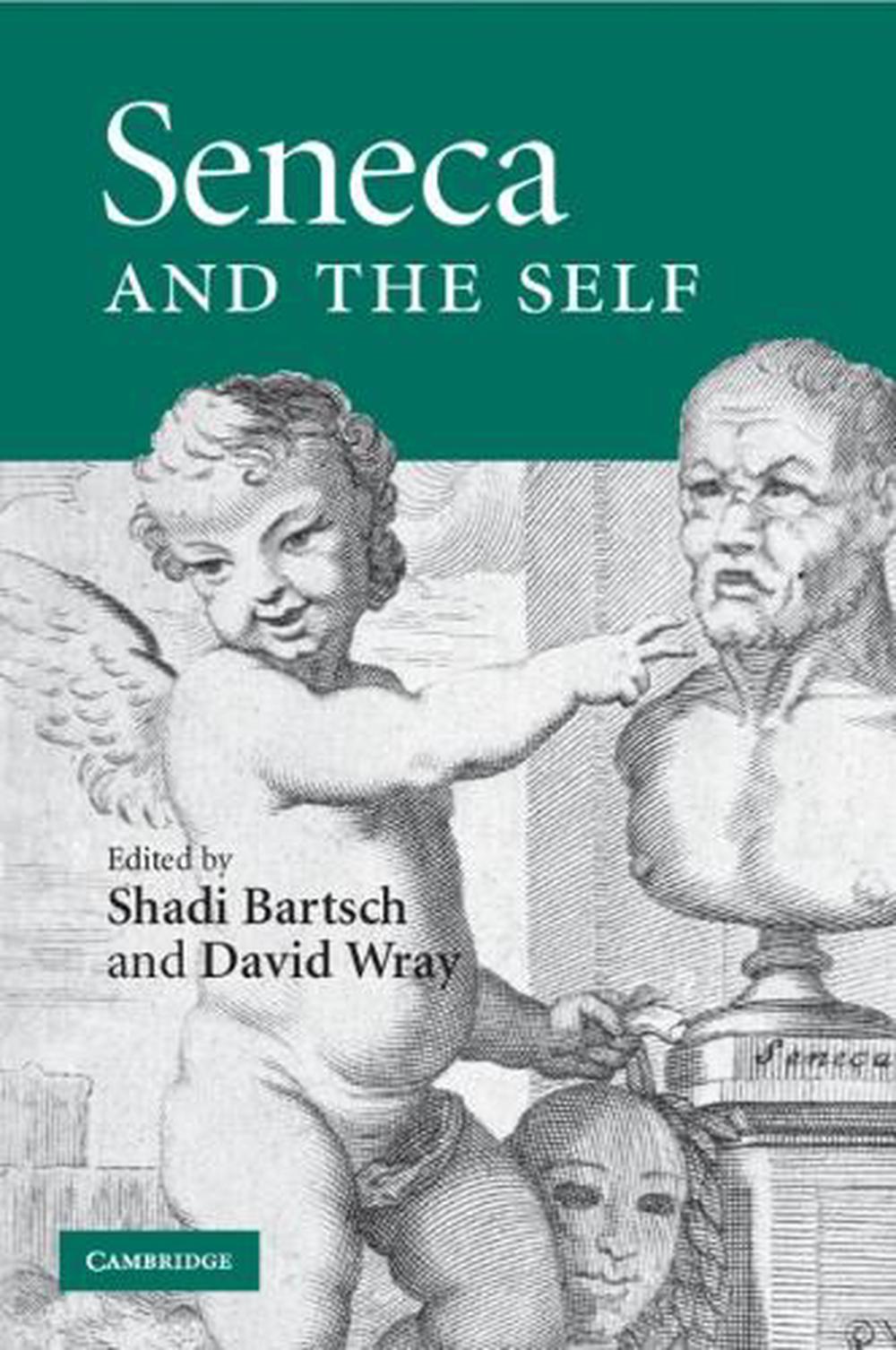
Seneca and the Self
by Shadi Bartsch, David Wray
Many modern critics have treated Seneca as an innovator in historical understandings of 'selfhood' and self-awareness. This volume of essays by internationally well-known scholars promises to reshape our understanding of Seneca, and to establish once and for all his place as a student of the human psyche.
Paperback
Brand New
Publisher Description
This collection of essays by well-known scholars of Seneca focuses on the multifaceted ways in which Seneca, as philosopher, politician, poet and Roman senator, engaged with the question of ethical selfhood. The contributors explore the main cruces of Senecan scholarship, such as whether Seneca's treatment of the self is original in its historical context; whether Seneca's Stoicism can be reconciled with the pull of rhetorical and literary self-expression; and how Seneca claims to teach psychic self-integration. Most importantly, the contributors debate to what degree, if at all, the absence of a technically articulated concept of selfhood should cause us to hesitate in seeking a distinctively Senecan self - one that stands out not only for the 'intensity of its relations to self', as Foucault famously put it, but also for the way in which those relations to self are couched.
Author Biography
Shadi Bartsch is the W. Duncan MacMillan Professor of Classics at Brown University. Her most recent book is The Mirror of the Self: Sexuality, Self-Knowledge, and the Gaze in the Early Roman Empire (2006). David Wray is Associate Professor of Classics and Comparative Literature at the University of Chicago. His publications include Catullus and the Poetics of Roman Manhood (Cambridge, 2001).
Table of Contents
Part I. Seneca and the Self: New Directions: 1. Introduction Shadi Bartsch and David Wray; 2. Seneca on the self: why now? A. A. Long; Part II. Philosophical Perspectives: 3. Seneca and self assertion Brad Inwood; 4. Seneca and selfhood: integration and disintegration Christopher Gill; 5. Stoic laughter: a reading of Seneca's Apocolocyntosis Martha Nussbaum; Part III. Seneca and Roman Culture: 6. Seneca on fortune and the Kingdom of God Elizabeth Asmis; 7. Free yourself! Slavery, freedom and the self in Seneca's letters Catharine Edwards; 8. Seneca on self-examination: rereading On Anger 3.36 James Ker; 9. Senecan metaphor and stoic self-instruction Shadi Bartsch; Part IV. Reading the Tragedies: 10. Seneca and the denial of the self Alessandro Schiesaro; 11. Seneca and tragedy's reason David Wray; 12. Dissolution of the self in the Senecan corpus Austin Busch.
Review
"Taken together, this collection lends its considerable weight to ways of reading Seneca that have been considered risky or even insupportable for too long, and that is all to the good. " --BCMR
Promotional
Twelve essays by internationally well-known scholars which reshape our understanding of Seneca as a student of the human psyche.
Details

